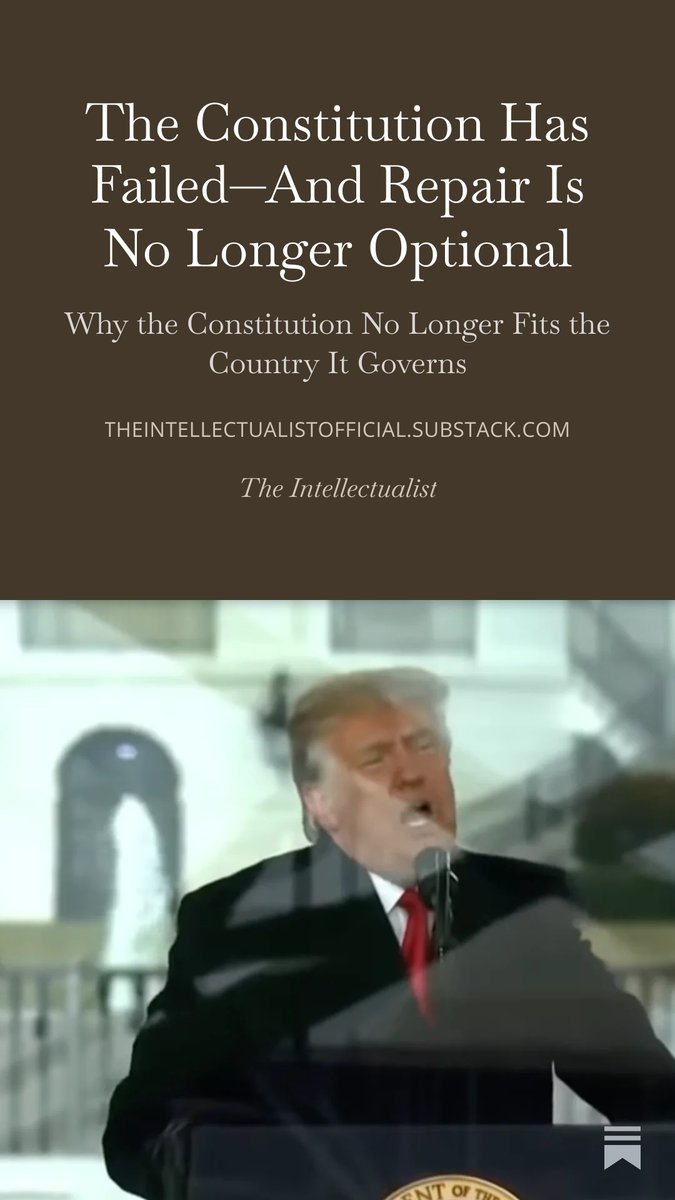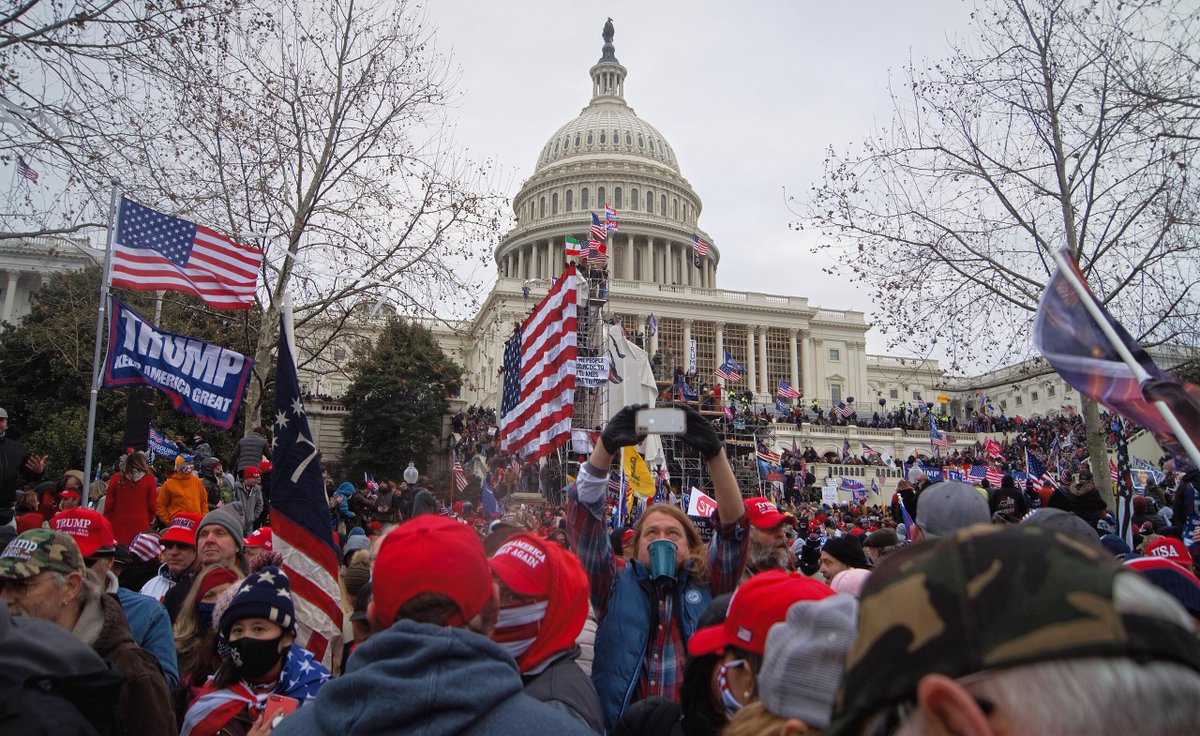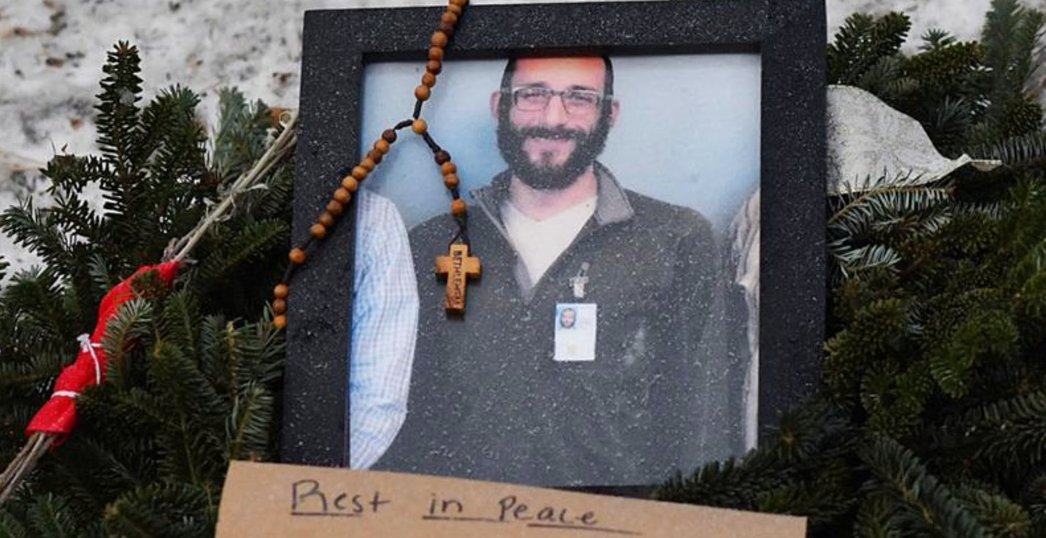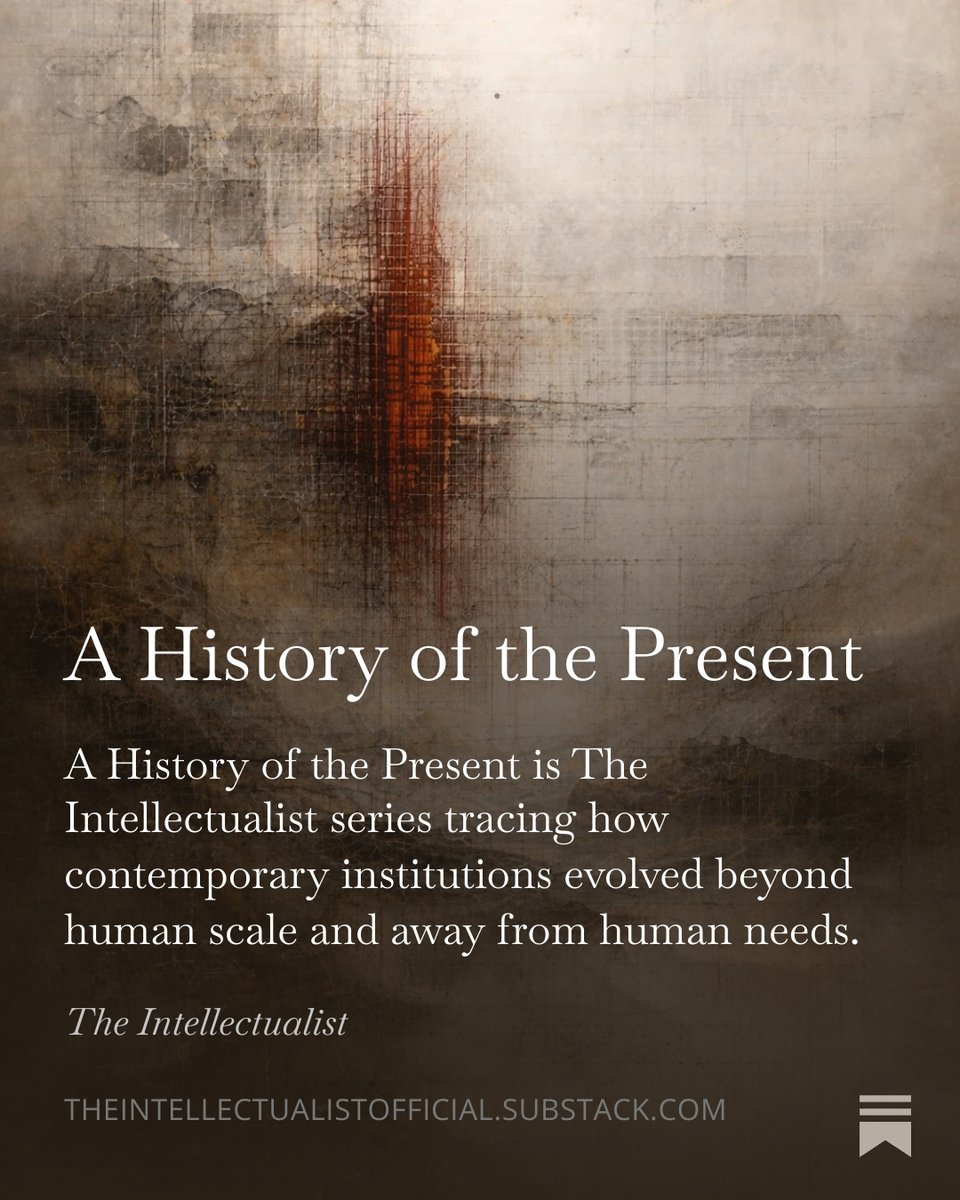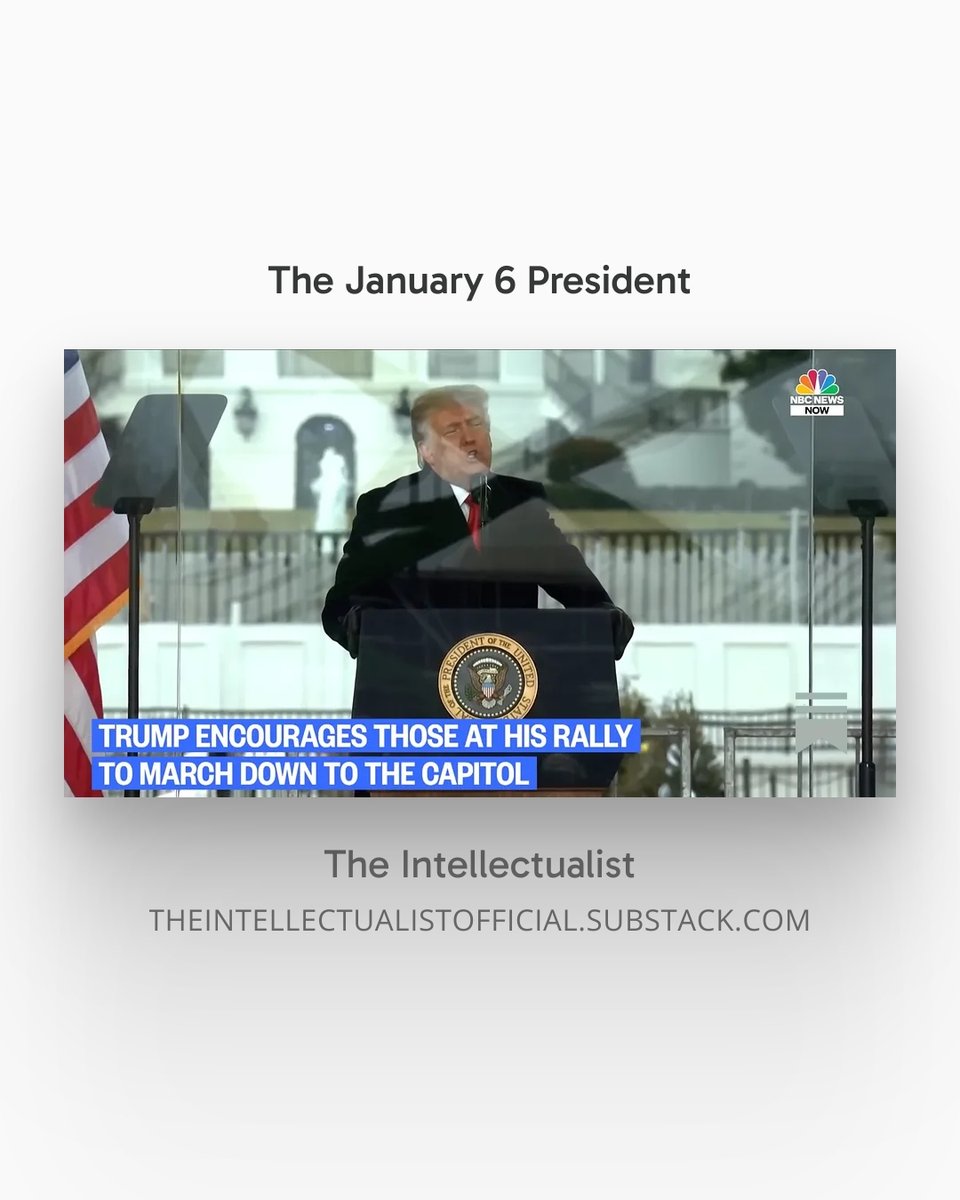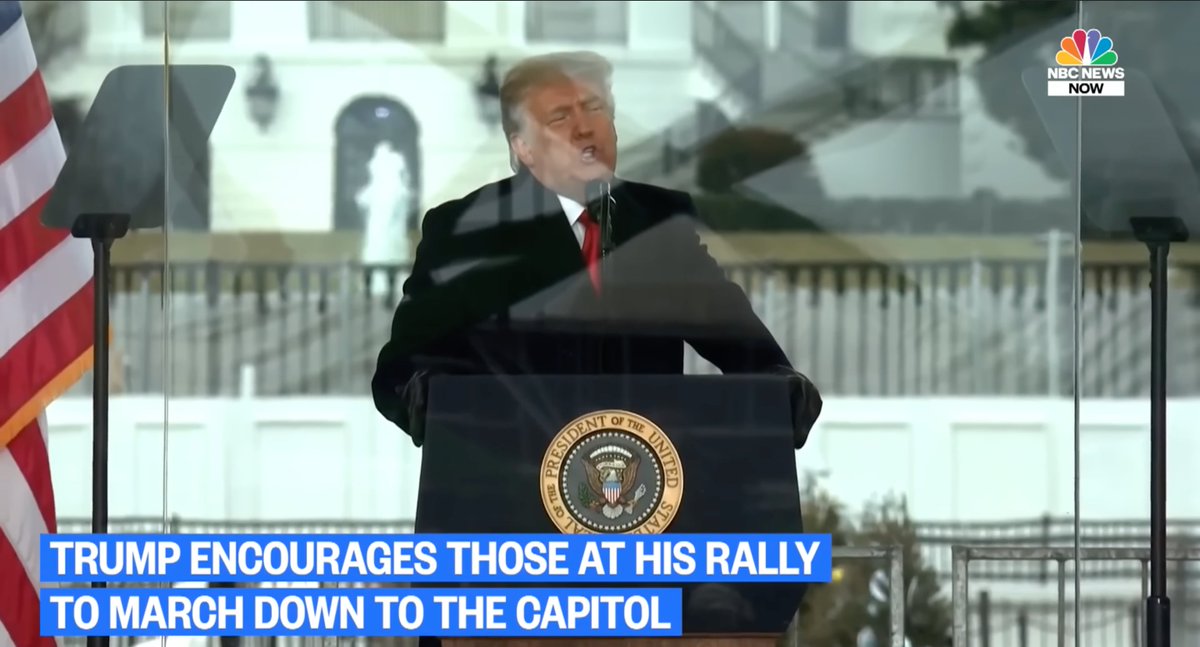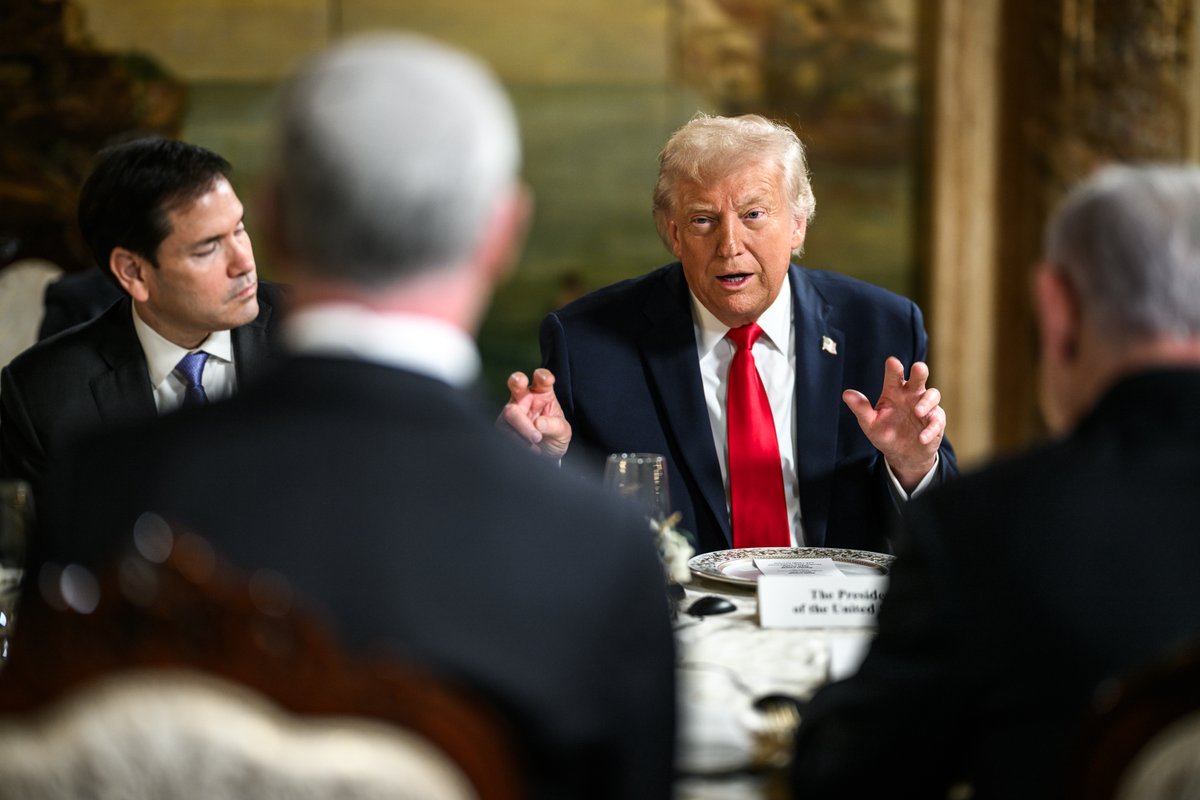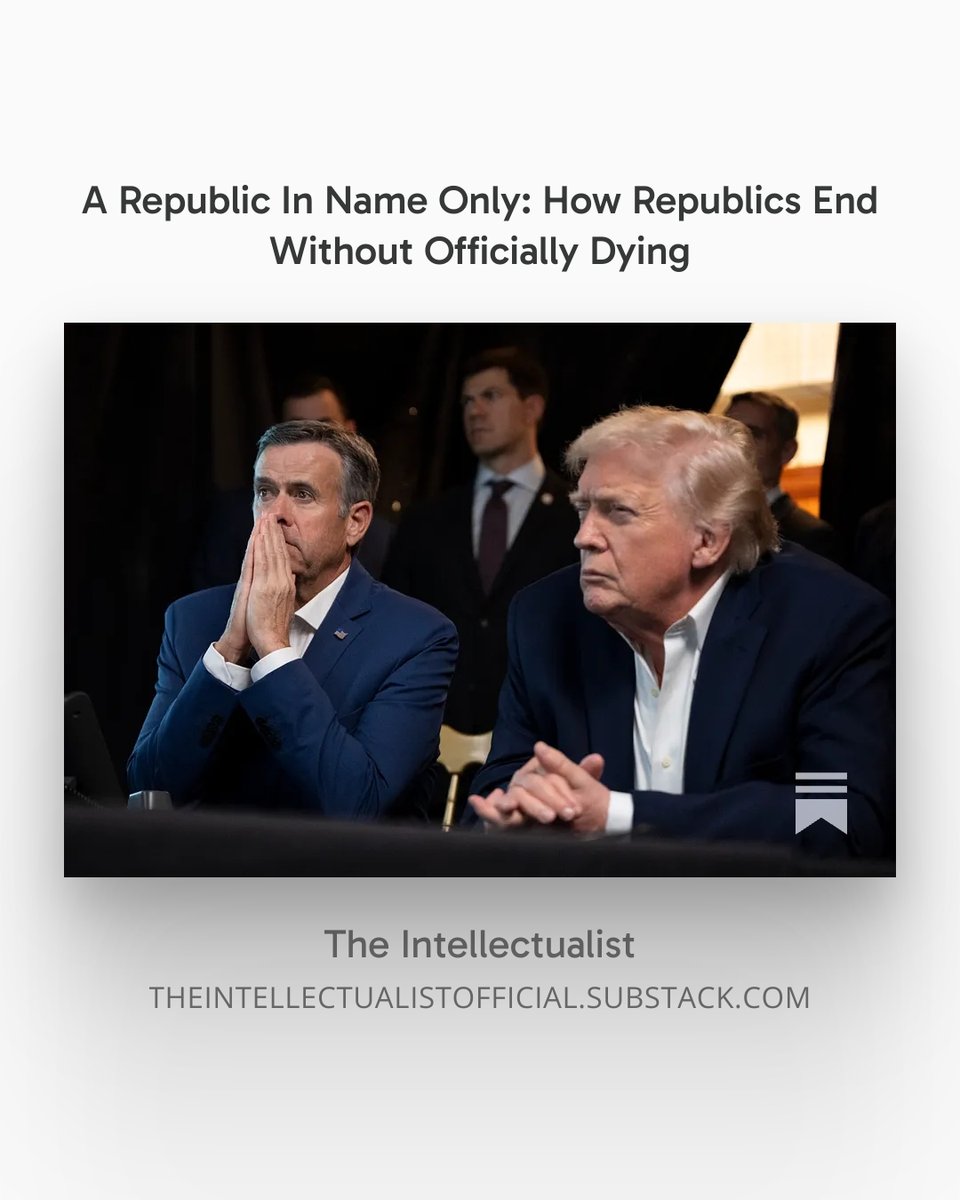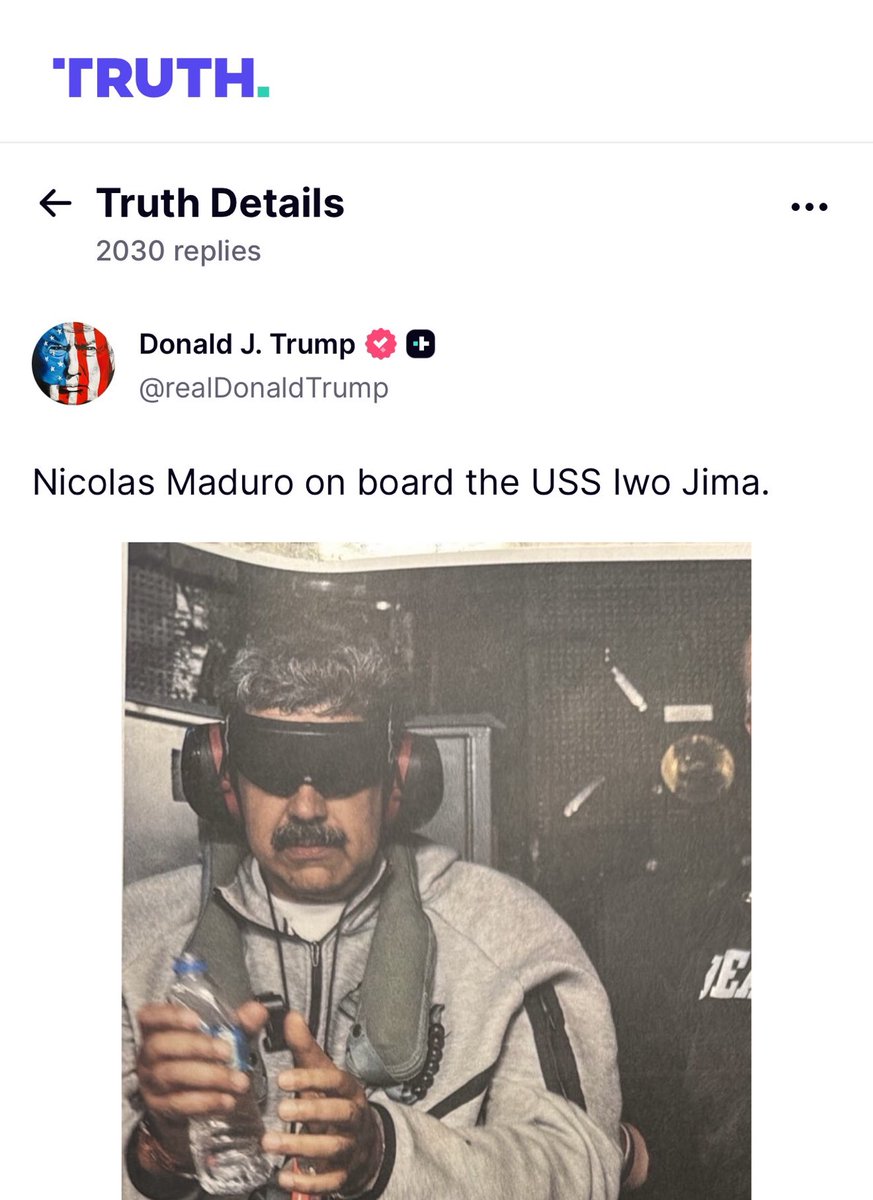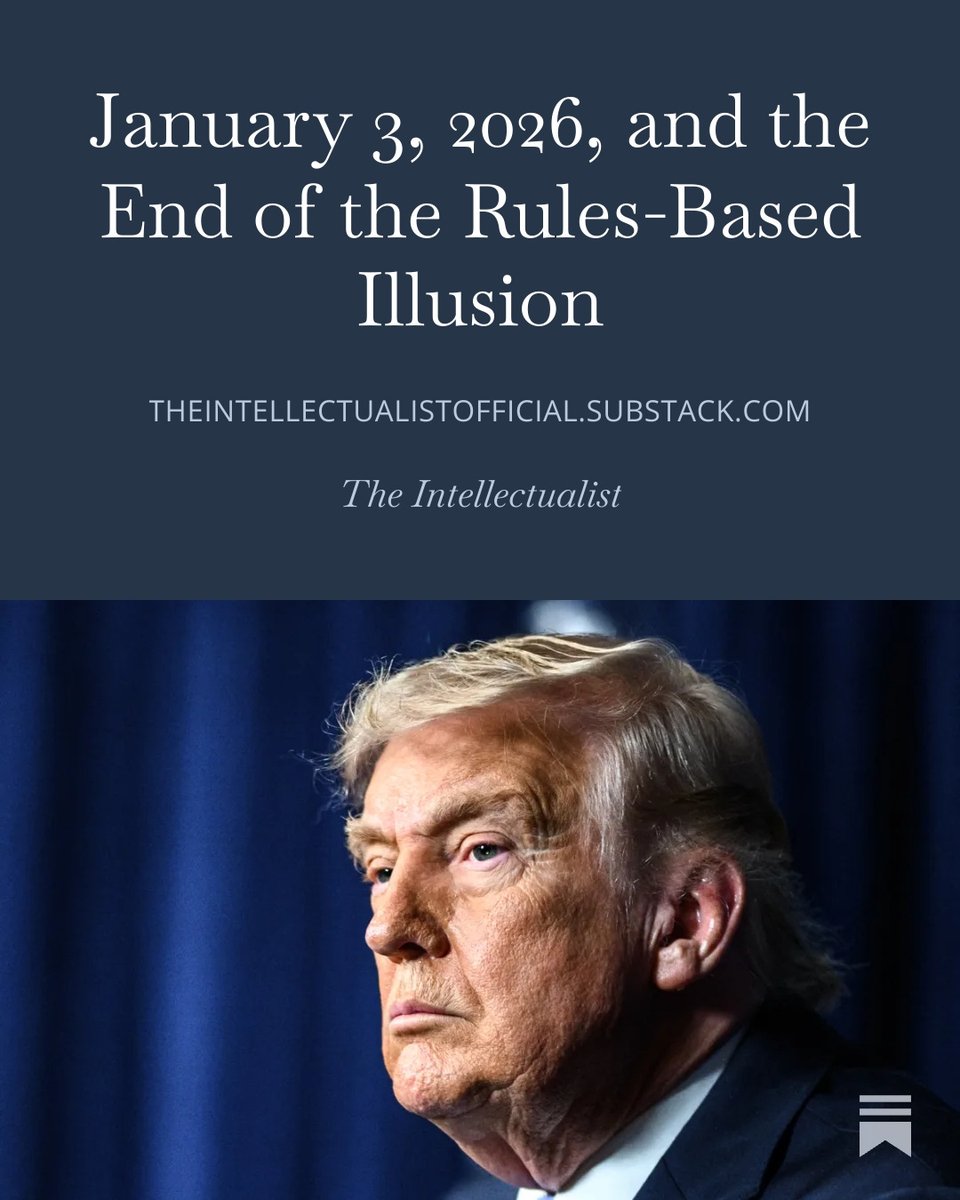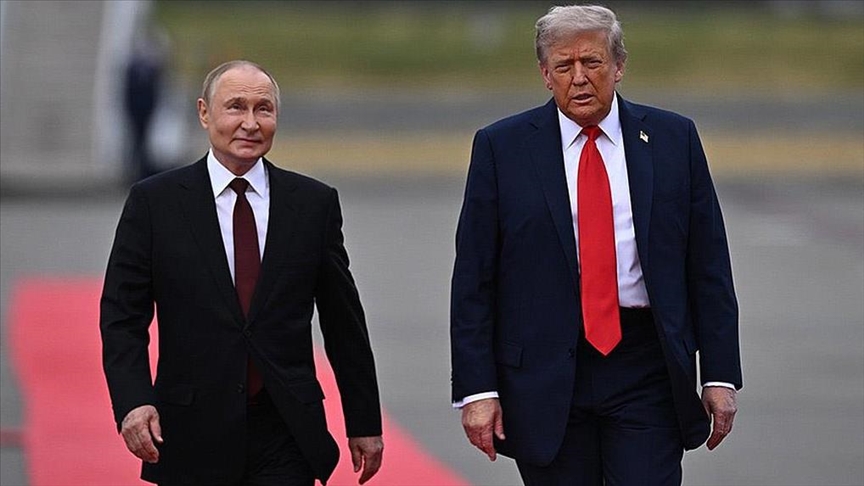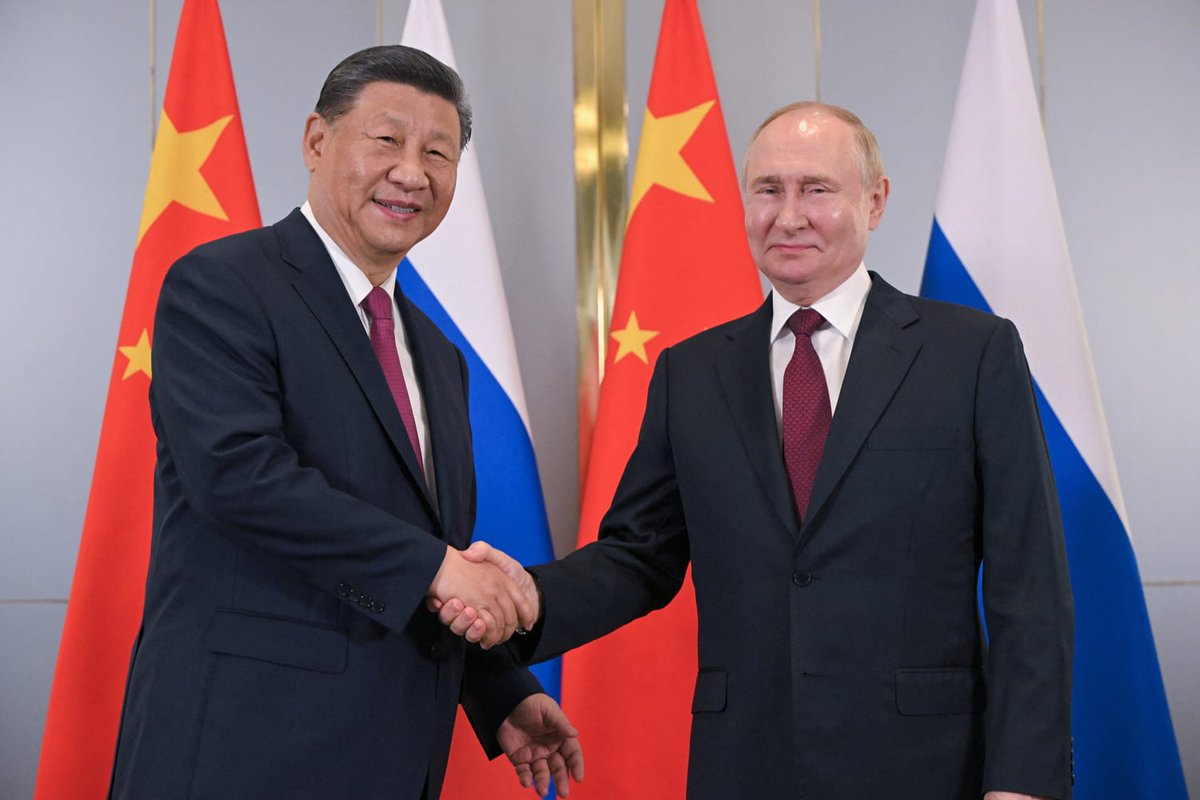1. A Florida judge rumored to be on President Trump’s shortlist to replace Justice Ruth Bader Ginsburg on the Supreme Court is presently hearing a $100M lawsuit from a top Trump campaign strategist.
mavenroundtable.io/theintellectua…
mavenroundtable.io/theintellectua…
2. Less than a year ago, Trump appointed Judge Barbara Lagoa to Florida's 11th Circuit Court of Appeals.
mavenroundtable.io/theintellectua…
mavenroundtable.io/theintellectua…
3. Now, Lagoa sits on a three-judge panel “which will decide whether the effort by the president's senior campaign strategist Jason Miller to revive a $100 million defamation suit against Gizmodo may advance.” (Salon)
mavenroundtable.io/theintellectua…
mavenroundtable.io/theintellectua…
4. “Miller has sued the media conglomerate over a 2018 article in its now-defunct subsidiary website Splinter reporting that he drugged a woman with an abortion pill without her knowledge after learning she was pregnant.” (Salon)
mavenroundtable.io/theintellectua…
mavenroundtable.io/theintellectua…
5. The report indicated that the allegation was contained in a court filing from former Trump campaign aide A.J. Delgado.
mavenroundtable.io/theintellectua…
mavenroundtable.io/theintellectua…
6. “Delgado has been engaged in a bitter custody dispute since 2017 with Miller, a married man who fathered her child while they worked on the campaign.” (Salon)
mavenroundtable.io/theintellectua…
mavenroundtable.io/theintellectua…
7. Miller, who denies the allegations, subsequently filed a $100 million defamation suit against Gizmodo Media and Splinter reporter Katherine Krueger.
mavenroundtable.io/theintellectua…
mavenroundtable.io/theintellectua…
8. The lawsuit was tossed by a Miami-based federal district court judge a year ago, Salon reported, but Miller appealed the ruling.
mavenroundtable.io/theintellectua…
mavenroundtable.io/theintellectua…
9. “The two Trump-appointed judges on the panel — Lagoa and Andrew Brasher — ‘seemed friendlier to Miller's case,’ according to a Politico report on the initial hearing last month.” (Salon)
mavenroundtable.io/theintellectua…
mavenroundtable.io/theintellectua…
10. “For a Supreme Court nominee, Lagoa's judicial experience would be thin by historical standards. Lagoa has about nine months of experience on the federal bench, and she previously served for less than one year on Florida's Supreme Court.” (Salon)
mavenroundtable.io/theintellectua…
mavenroundtable.io/theintellectua…
• • •
Missing some Tweet in this thread? You can try to
force a refresh





